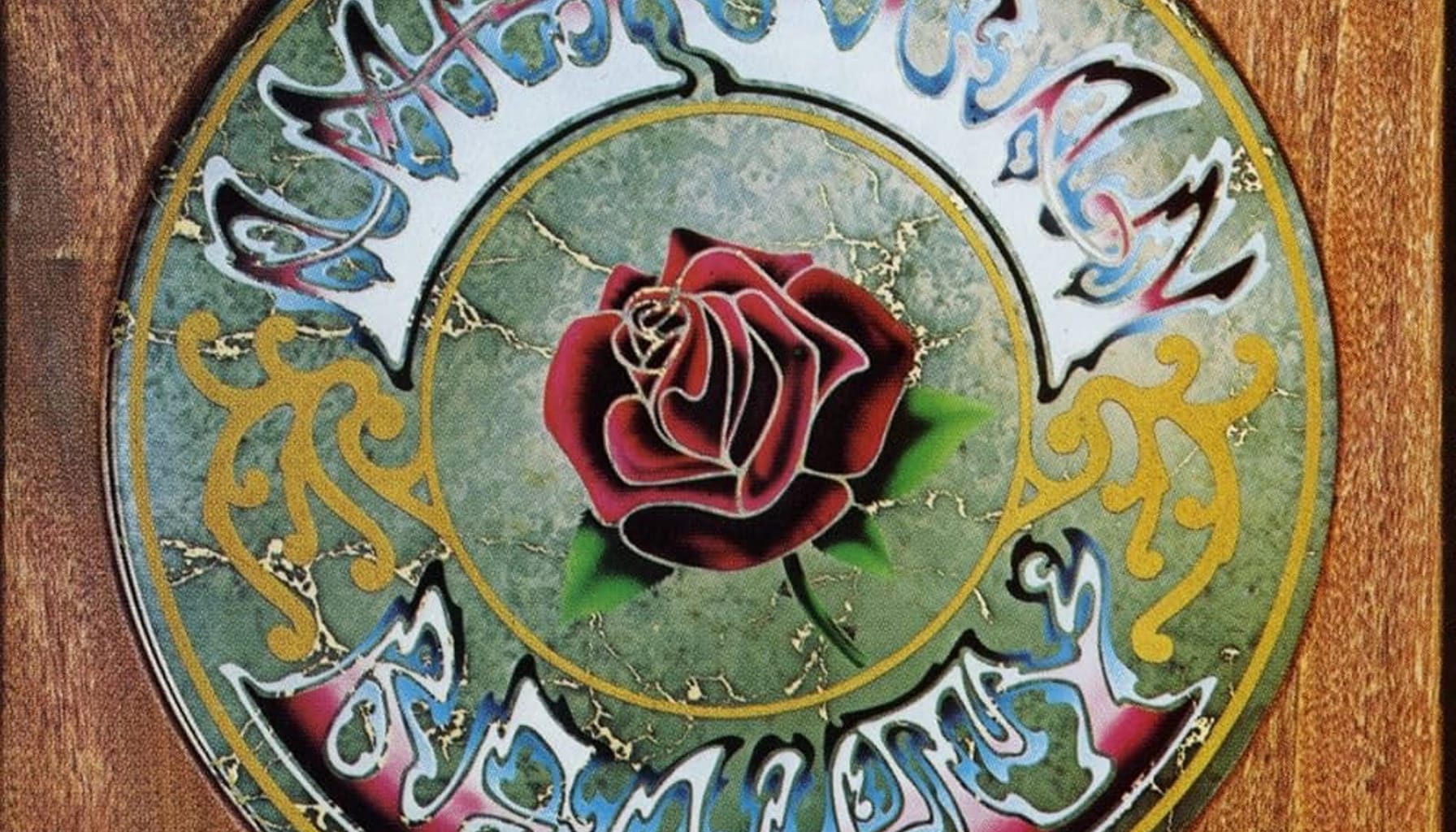Blindspotting: Grateful Dead, "American Beauty"
What a long, strange trip it's been

The Legacy: Still just a few years into their career, the Grateful Dead took a major commercial leap in 1970 — and all it took was pivoting from aimless psychedelic twaddle to background music for people who like to wear overalls. Their fourth LP, Workingman's Dead, shot into the Top 30 upon its release in the summer of '70; four months later, they were back with American Beauty, which further refined their new, rootsier musical approach. The move continued to pay sales dividends: Beauty is one among a small handful of the billion or so Dead records that have been certified double platinum, and it contains several of the band's best-known cuts, including "Box of Rain," "Friend of the Devil," "Ripple," Brokedown Palace," and "Truckin'."
American Beauty's sales splash kicked off something of a chart renaissance for the Dead, although their road was always bumpier than it probably needed to be. Workingman's Dead was recorded during the hangover from 1969's absurdly expensive Aoxomoxoa; while the group contended with its massive debt to Warner Bros., manager Lenny Hart — who got the gig by virtue of the fact that he sired Dead drummer Mickey Hart — renewed their contract without informing them, and then absconded with a pile of their money. At the time, this seemed like a stretch of bum luck, but irresponsibility and poor decision-making were really kinda the Dead's whole deal. (Thinking of their saga reminds me of the time there was a lice outbreak at the preschool/kindergarten that my kids attended in the woods of New Hampshire; upon hearing about it, one of the less left-leaning teachers sighed and said, "Well, that's what you get when you put together a big dirty pile of hippies.")
Following Beauty's breakout, the Dead staggered for a bit, with Hart going on hiatus to deal with the fallout from his father's bullshit, followed by keyboardist Ron "Pigpen" McKernan's slow, sad decline and death. They kept touring — lord, did these patchouli-coated fuckers keep touring — but it'd be three years and just as many live albums before they released another studio LP. They'd stay pretty busy for the rest of the '70s, but this was a portend of things to come for a group that'd develop an increasingly severe allergy to the recording studio over the last 15 years of its existence.
First Impressions: There's mild disagreement over which of the Dead's studio albums is the best, but the consensus mostly seems to point to American Beauty, and it isn't difficult to understand why. I don't feel like it's going too far out on a limb to say you can't really be a Dead fan if you don't enjoy interminable noodling over basic chords, but a record like American Beauty preserves the band's essential aimlessness while keeping the songs (relatively) brief and the songwriting (somewhat) focused. It's uncharitable and not really accurate to say this, but the comparison I'm tempted to make is that of a bike with training wheels — if you're interested in learning how to love the Dead, American Beauty probably isn't a bad place to begin.
That being said, if you're interested in learning how to love the Dead, then you are not allowed to touch the stereo if we're ever in the car together. Even at their most nominally song-driven, the band often sounded like they were in the process of warming up — these tracks occasionally feel like they might get up and go somewhere, but they almost never do. It's a record that sounds better the less you pay attention to it; it's perfectly palatable playing in the background, but once you start leaning in, you quickly realize how little there is to hold onto. It sounds like the work of people who had a dream about music once, and even though they can't really remember it, they're pretty sure they liked it. Which is, I suppose, a big part of why they've been so popular among inveterate stoners for so many years.
Favorite Song: I'm telling you right now that I'll never purposely listen to American Beauty again for the rest of my life, but for the sake of following my own rules, I'll begrudgingly give a nod to "Sugar Magnolia," one of the few songs that has something approaching a pulse. It chugs along with a mild sense of purpose, it's vaguely catchy, and it has the decency to fade out just shy of three minutes and 20 seconds.
